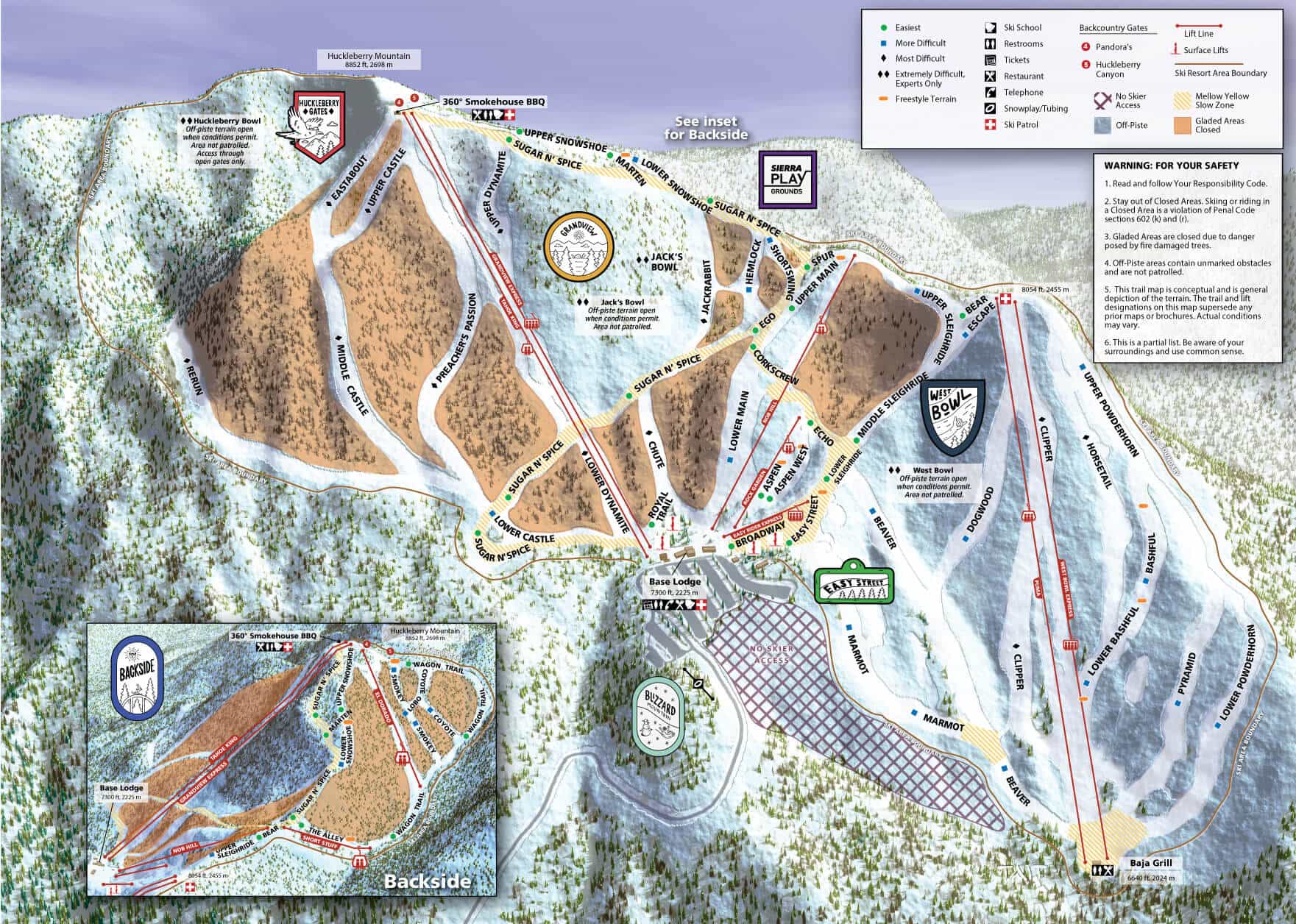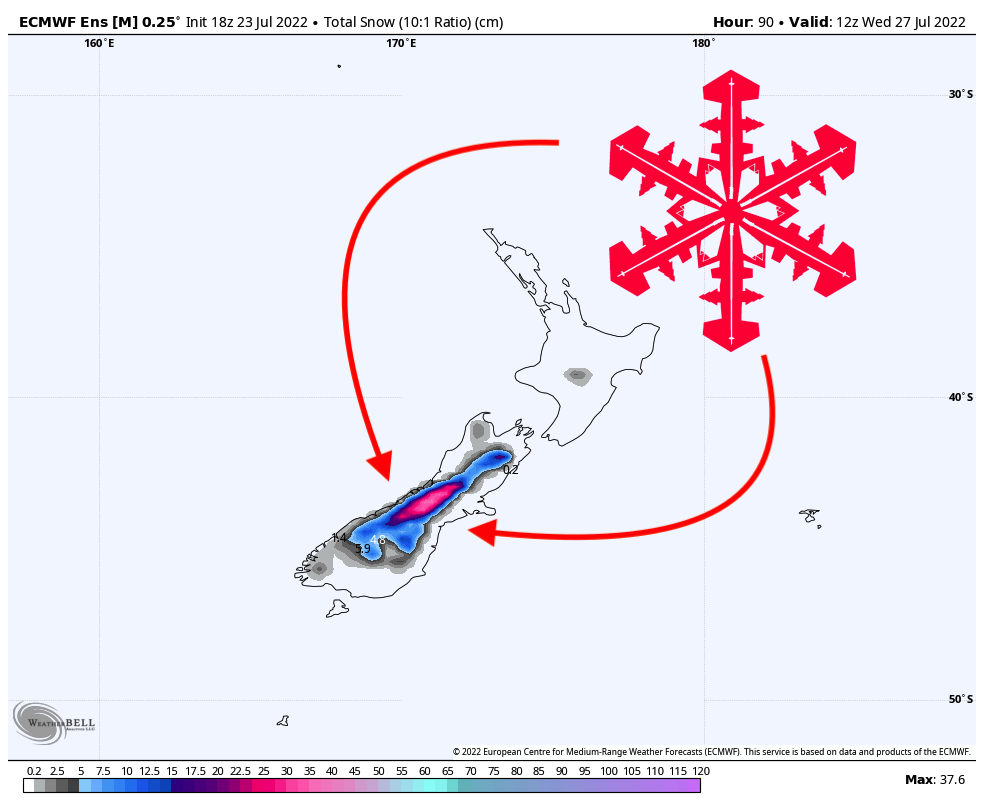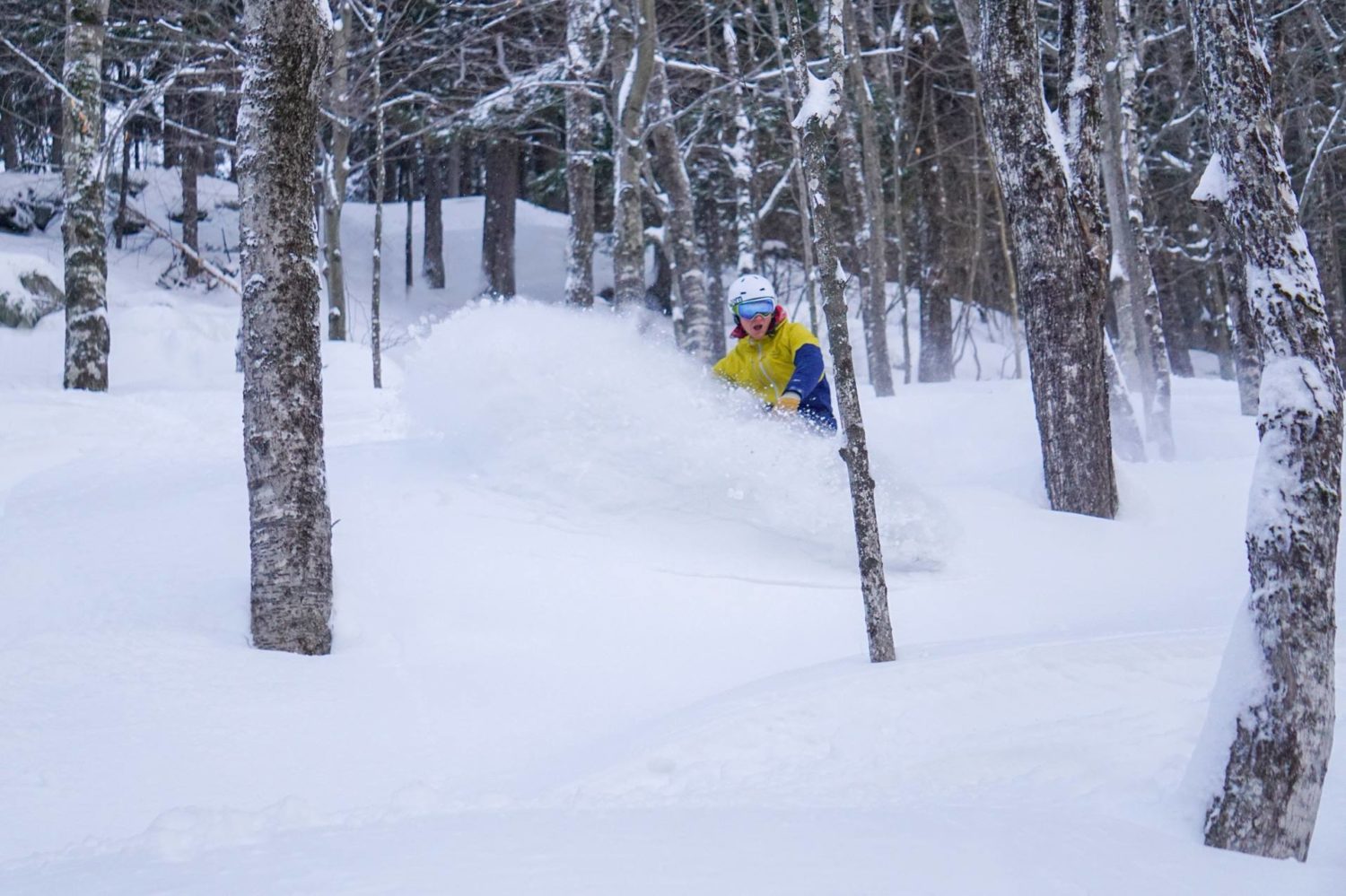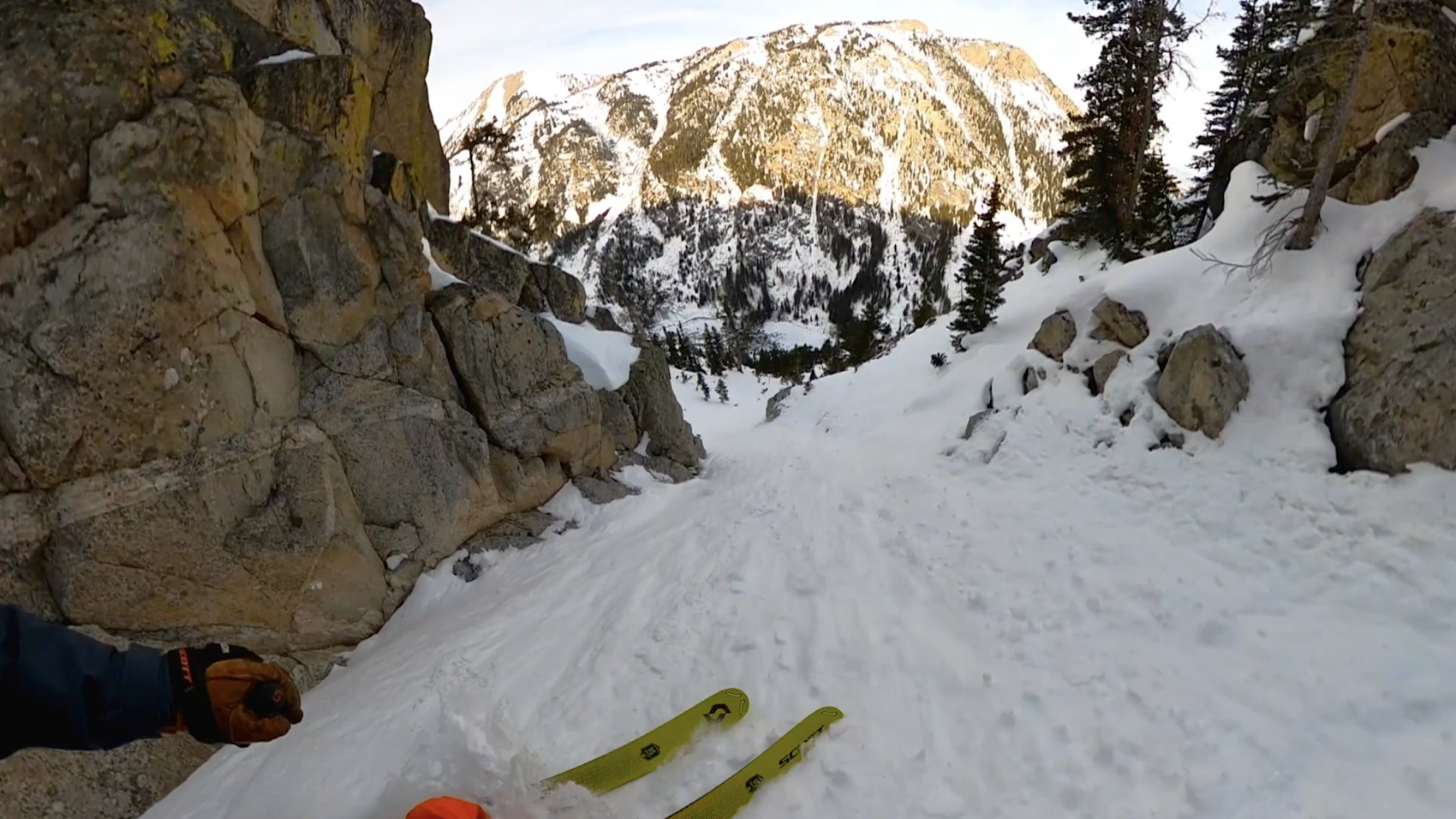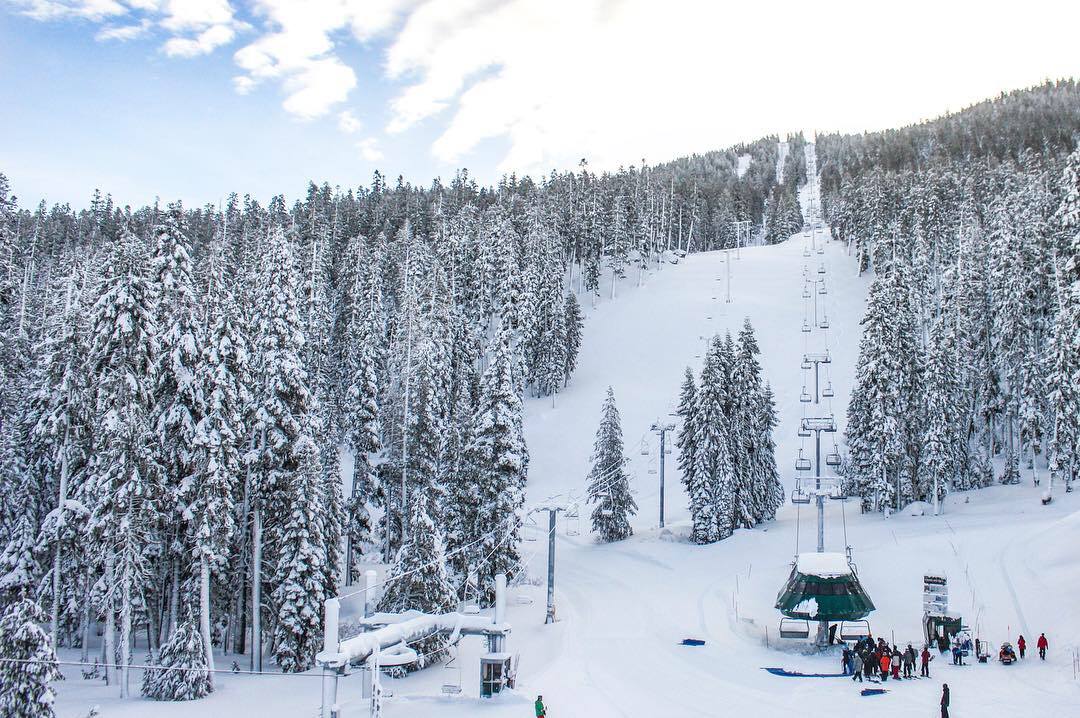
Sierra-at-Tahoe, California, has agreed to settle a class action lawsuit stemming from its handling of single-day lift ticket sales during the 2020-21 ski season. The settlement follows claims that the resort sold tickets for specific dates without disclosing parking restrictions that ultimately prevented some guests from accessing the mountain, according to Top Class Actions.
- Related: Reflecting on 5 Years Since COVID-19 Shut Down Ski Resorts and How it Has Shaped the Industry Today
The lawsuit centers on several dates between December 2020 and February 2021, when pandemic-related parking limitations prevented ticket holders from using their pre-purchased passes. Plaintiffs alleged that Sierra-at-Tahoe failed to warn customers about these restrictions at the time of purchase, resulting in missed ski days and financial losses.
While Sierra-at-Tahoe denies any wrongdoing, the resort has agreed to compensate affected customers. Eligible class members–those who purchased single-day tickets for the impacted dates and were unable to use them due to full parking lots–can choose between a full cash refund or a lift ticket voucher valued between $83 and $140. Vouchers will be valid for three ski seasons, providing flexibility for future visits.
No proof of purchase is required to file a claim, but submissions must match the resort’s sales and usage records. The deadline to file a claim is June 24, 2025. Those wishing to exclude themselves or object to the settlement must do so by June 10, 2025. The final approval hearing is scheduled for July 10, 2025. Following this, payments and vouchers will be distributed to approved claimants.
Sierra-at-Tahoe will cover legal fees, administrative costs, and service awards for class representatives and will not reduce the compensation available to class members.
Sierra-at-Tahoe was forced to close for almost the entire 2021-22 season after the Caldor Fire swept through in August 2021, burning 80% of its terrain and causing millions in damages. The fire devastated the resort’s West Bowl, destroyed thousands of trees, damaged lifts, and left the landscape nearly unrecognizable. Recovery required extensive tree removal, repairs to critical infrastructure, and a complete overhaul of many runs.
